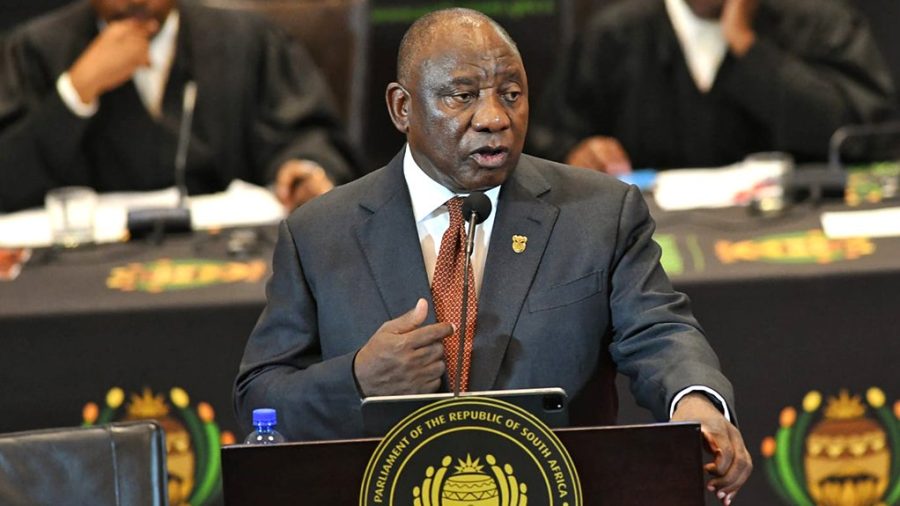In a decisive move to bolster the integrity of its civil registration system, Equatorial Guinea’s government has unveiled plans to implement stringent control mechanisms over the issuance of literal birth certificates. This initiative, spearheaded by Vice President Teodoro Nguema Obiang Mangue, was presented during a multi-sector meeting in Malabo, underscoring the administration’s commitment to safeguarding national identity documents.
The impetus for this reform stems from alarming reports of expatriates illicitly acquiring Personal Identity Documents (DIP) and Equatorial Guinean passports through fraudulent means. The 2011 Nationality Law delineates clear criteria for obtaining nationality and the associated identification documents. However, instances have surfaced where foreign nationals have manipulated the system by falsifying birth certificates to gain unauthorized access to these credentials.
To counteract this malpractice, Vice President Nguema Obiang Mangue has directed the Ministry of Justice to devise concrete proposals aimed at enhancing the civil registration process. This directive aligns with broader governmental efforts to ensure that national identification documents are issued exclusively to eligible citizens, thereby preserving the nation’s demographic integrity.
Equatorial Guinea’s socio-political landscape has been shaped by a complex history of governance challenges. After gaining independence from Spain in 1968, the nation endured a series of authoritarian regimes marked by human rights abuses and political repression. The initial post-independence period under President Francisco Macías Nguema was characterized by severe authoritarianism, leading to his ousting in 1979 by his nephew, Teodoro Obiang Nguema Mbasogo. President Obiang’s tenure has been marked by allegations of electoral fraud, economic mismanagement, and limited political freedoms.
The 2011 constitutional referendum introduced term limits and established the position of Vice President, a role widely anticipated to facilitate a dynastic succession. Despite these reforms, the political environment has remained tightly controlled, with the ruling party maintaining a firm grip on power and opposition parties facing significant obstacles.
Economically, Equatorial Guinea has grappled with the challenges of over-reliance on hydrocarbon revenues. The discovery of substantial oil reserves in the 1990s propelled the nation to significant economic heights, achieving Upper-Middle-Income status by 2004. However, the subsequent decline in oil production and revenues since 2015 has led to a prolonged recession, reversing earlier economic gains and jeopardizing social progress.
World Bank Group
The World Bank’s 2025 Country Economic Memorandum emphasizes the urgent need for Equatorial Guinea to adopt a new development model focused on economic diversification and institutional strengthening. Key recommendations include enhancing fiscal management, investing in human capital, and improving the business climate to foster sustainable and inclusive growth.
The political landscape in Equatorial Guinea remains characterized by limited political freedoms and a lack of genuine electoral competition. The ruling Democratic Party of Equatorial Guinea (PDGE) continues to dominate the political arena, with opposition parties facing systemic challenges. Elections are often marred by allegations of fraud and intimidation, undermining the credibility of democratic processes.
Civil liberties, including freedom of expression and assembly, are heavily restricted. The media operates under stringent censorship, and political dissent is frequently met with repression. These conditions have led to an environment where civil society operates under significant constraints, limiting the potential for grassroots movements to effect change.
The government’s initiative to tighten controls over the issuance of literal birth certificates reflects a broader strategy to reinforce national security and preserve the integrity of civil documentation. While the need to prevent fraudulent acquisition of national identity documents is legitimate, it is imperative that such measures are implemented transparently and do not infringe upon the civil liberties of citizens and legal residents.
As Equatorial Guinea navigates its complex socio-political and economic landscape, the challenge remains to balance security concerns with the promotion of inclusive governance, respect for human rights, and the establishment of robust institutions that can drive sustainable development.




